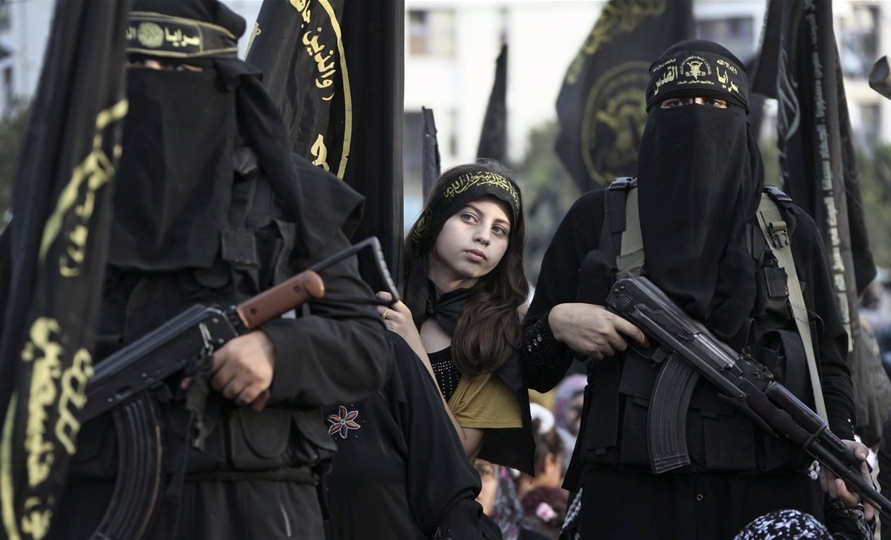As Republicans began to examine potential 2016 presidential candidates in 2013 and 2014, Rand Paul seems to be at the forefront of a “new” conservative foreign policy. Stressing peace through strength, Paul has spoken to war-wary Americans who have seen misguided interventionist policies lead to endless wars around the world. With the terrorist attacks of September 11, 2001 appearing more and more of an anomaly, and increased usurpation of freedoms at home in the name of a “war on terror,” even the most patriotic conservatives are beginning to question whether the US should really be involved in so many countries abroad.
Even while neo-conservatives in his own party wrongly attack him as “isolationist,” Paul has stayed true to his principles, arguing America’s toppling of dictators around the world had only led to more chaos. Paul’s simple position was much easier to have during a time of peace, but it’s been put to the test late in 2014 as the Islamic State of Iraq and Syria (ISIS) started wreaking havoc in the Middle East.
Throughout the year and into 2015, ISIS beheaded dozens of people, including several Americans. President Obama responded by beginning military operations against ISIS in the region, using the broad authority granted to President Bush in 2001 as justification.
Early in the process, Paul critiqued not the desire to fight ISIS, but rather the Constitutional authority of the Obama Administration. Senator Paul quickly demanded that the Senate pass an Authorization for the Use of Military Force (AUMF) before any military activities continue. Receiving scorn from both establishment Republicans and Democrats alike, Paul attempted to attach the AUMF to a water bill in the waning days of the 113th Congress, to no avail.
As Americans begin to hearken back to the more antsy feelings they had during the early part of the Bush Administration in regards to war, Senator Paul has attempted to turn what could have been a difficult political climate to his favor. Paul has repeatedly pointed out that it was Obama’s foreign entanglements in Libya and Syria, led by then-Secretary of State Hillary Clinton, which helped lead to the spread of ISIS.
Obama has recently taken Paul’s advice and sent to Congress a formal resolution requesting an AUMF. Paul has concurrently suggested a more pragmatic solution to bring an end to the terror perpetrated in the region. While Paul has repeatedly opposed American “boots on the ground,” he has advocated for a solution which includes a mass insurgence of Iraqi and Kurdish soldiers which could fight against the terrorist group. Paul has proposed directly arming the Kurds and promising them their own country as a reward for their service.
Beyond the Senate floor, this foreign policy debate is guaranteed to follow Paul and the rest of the 2016 contenders on the road to the White House. The once-easily defined Paul position of just saying no to foreign intervention has necessitated some tweaking as international situations have changed.
While Paul has done his best to remain principled, his decision to engage in some foreign intervention in response to new developments has angered some in the hardcore libertarian base, like Justin Raimondo of AntiWar.com. For example, Raimondo said that Paul’s recent signature on Senate Republicans’ letter to Iran is Paul’s ‘Munich’ and that it undermines the Senator’s messaging on foreign policy, as well as his presidential ambitions.
It is clear that Rand Paul has a balancing act to maintain during his upcoming presidential campaign: he must respond to those who are tired of war, like many of those in his political base. However, this is still much of the same Republican primary electorate which nominated John McCain; Paul must also appease those who wish to maintain a strong national defense in the face of the growing threat of ISIS.
Because of his more nuanced stance on the issue, he may never be able to blurt out a kind of “bumper-sticker” policy that will serve as “red meat” for either isolationists or interventionists. However, if Paul is to be successful in his looming bid, he must remain focused and consistent.




